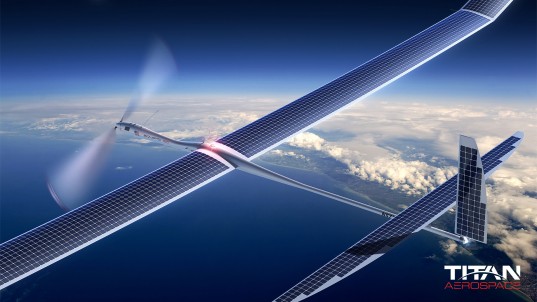Facebook is currently looking to buy a company called Titan Aerospace, a company famed for its solar powered drones. At first glance, this seems like a random purchase and Facebook just splashing the cash but it has been suggested the solar powered drones could be used to deliver internet access to areas that currently don’t have any and therefore provide internet coverage (in due course) to the whole world.
Initially such a project would be aimed at developing countries and the African continent and could function well as another branch of the Internet.org conglomeration that Facebook is a big part of.
This all sounds very Sci-Fi to me, and yet very similar to what Google is doing with Project Loon. Project Loon, as the name suggests, uses Helium filled balloons (floating at twice the altitude commercial aeroplanes reach) rather than a drone, to deliver wireless internet. Google’s aim is, for all intents and purposes, the same as Internet.org’s – to provide internet to the masses at an accessible price.
Although their aims are pretty much the same, both Google and Facebook seem to be taking different approaches, and not just in the tools used. Google seems to be focusing its testing on the Southern Hemisphere, namely New Zealand, whereas Team Zuckerberg is focusing on acquiring a massive number of drones and beginning in Africa. At this point you must be thinking, ‘Internet for the whole world… that’s a big and expensive task’ and you’re not wrong – the estimated costs for this feat is $60 million and will require 11,000 drones to provide such a service.
This is a huge task by anyone’s reckoning but if you look at the history of Google’s and Facebook purchases and investments to progress, this is a comparatively tiny expense – Facebook spending an insane $16 Billion on WhatsApp (more than a year of NASA’s entire funding) and Google acquiring Motorola Mobility for an enormous $12.5 billion are just two examples of big spends from both camps.
Freedom of information and access to it is something we value very highly and it will be interesting to see how things progress and which solution actually becomes available and eventually succeeds. What are you thoughts on the approaches of Internet.org and Google to delivering low-cost internet to developing countries?

